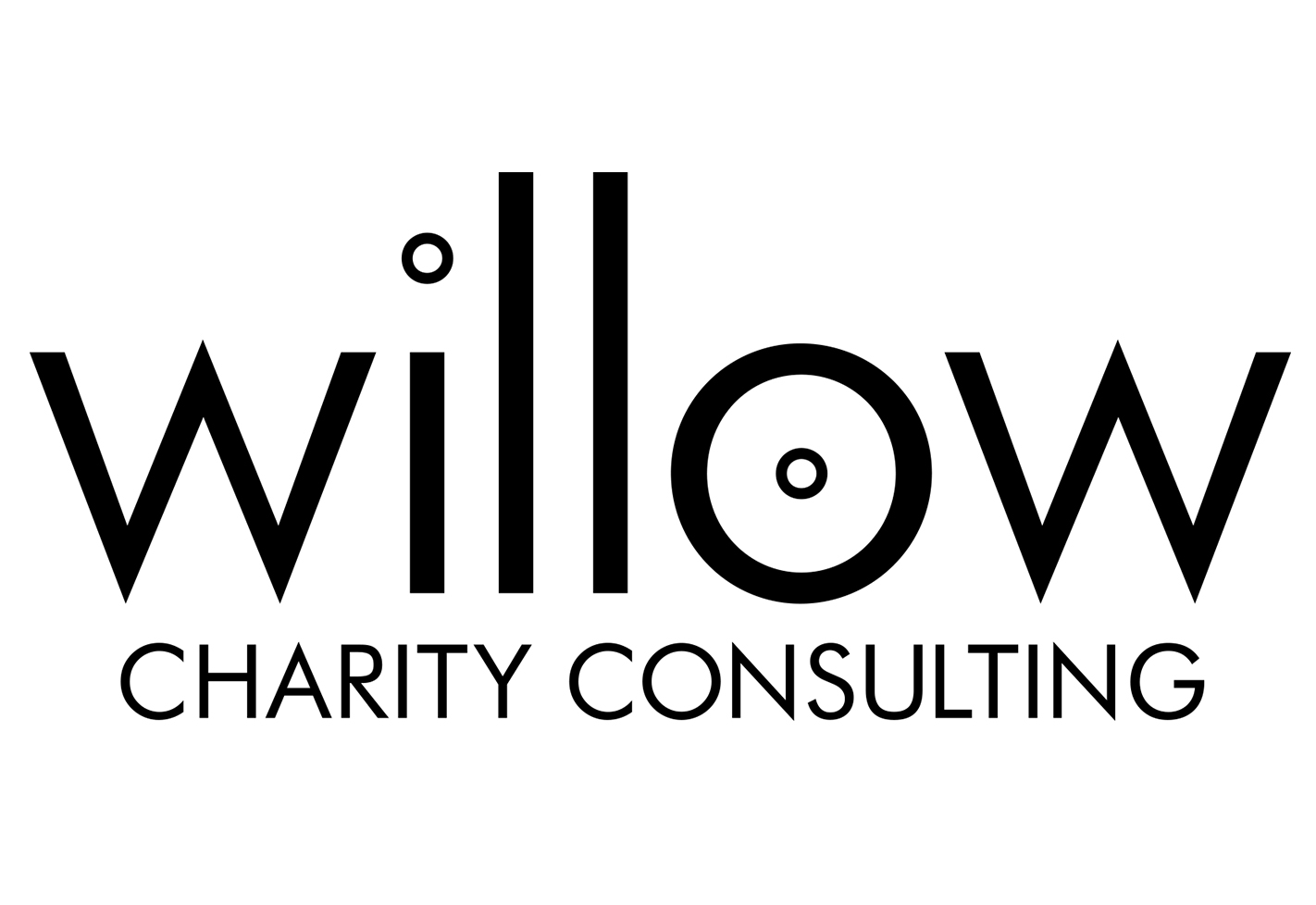Health Check series Part 2
For many small-to-medium charities, the Annual Report to the Charity Commission can be seen as simply another job to get out of the way so that you can get back to focusing on the ‘real’ work of the charity.
However, the contents of your Annual Report — including what it doesn’t cover — reveal a huge amount of information about your charity and the areas where it might be struggling.
Most funders, government agencies and even corporate sponsors will review your recent Annual Report when considering funding your charity, so it is important to ensure that you have everything in order.
“The Charity Commission will tell us if something is wrong”
Many Trustee Boards and CEOs assume the Charity Commission will reject reports if they are inadequate, but it doesn’t. The reports are simply placed online, warts and all, for everyone to read.
Does your Annual Report wave any of these red flags?
- It doesn’t report on the strategic planning targets set out in the last Annual Report, nor set strategic planning targets for next year.
Some Annual Reports are ‘fudged’ with positive anecdotes, photos and a few statistics. While these can read well, they don’t demonstrate that the charity is on a strategic path that connects each year. Without this, funders will question how your proposal to them fits within your work going forward, and whether your efforts are sustainable or strategic. If you don’t have a Strategic Plan, you should make one a priority going forward.
- It doesn’t explain how your Trustees are appointed, recruited, inducted and trained.
Trustees are an extremely important consideration for any charity and their recruitment and management are primary indicators of a charity’s professionalism. If you don’t have a system for recruiting, inducting and training your Trustees, you should think about putting one in place, ideally through a Trustee Policy that covers all the relevant factors affecting Trustees that fall outside the governing document.
- The financial reports are not prepared in accordance with charity standards.
This is a more rare problem, but it is extremely serious when it arises: funders place a very high emphasis on appropriate financial reports.
I’ve been aware of charities that have spent thousands of pounds on professional grant fundraisers who failed to win significant funding, so they gave up on applying for grants. This is often a misplaced response, as the problem is not with the funding stream but in the way that they are preparing their Annual Report. If a charity’s financial statements are not recorded or presented in the way required by the Charity Commission, grant fundraising will rarely be successful.
And, perhaps the worst mistake of all…
- The Annual Report was submitted late.
This suggests to funders that you won’t be able to manage a project to deadline. What’s worse is that it stays up, year after year, on your Charity Commission page. No matter what deadlines you have facing you, getting that report in on time is of the utmost importance. If you have a late report in your history, aim to submit the next one as early as possible so that you can build a better picture going forward.
A useful tool
These are just a small selection of the wide-ranging messages your Annual Report may be sending. However, if you get it right, your Annual Report can be one of your charity’s most valuable marketing tools that demonstrates not only the wonderful work you are doing, but also your charity’s commitment to professionalism, organisational effectiveness and charitable governance.

If you need help with your Annual Reports, Strategic Planning or Trustee policies, or are interested in my comprehensive Charity Health Check tool designed for small-to-medium charities, which includes an Annual Report review, please get in touch with me, Felicia Willow, at Willow Charity Consulting.
THE HEALTH CHECK SERIES:

